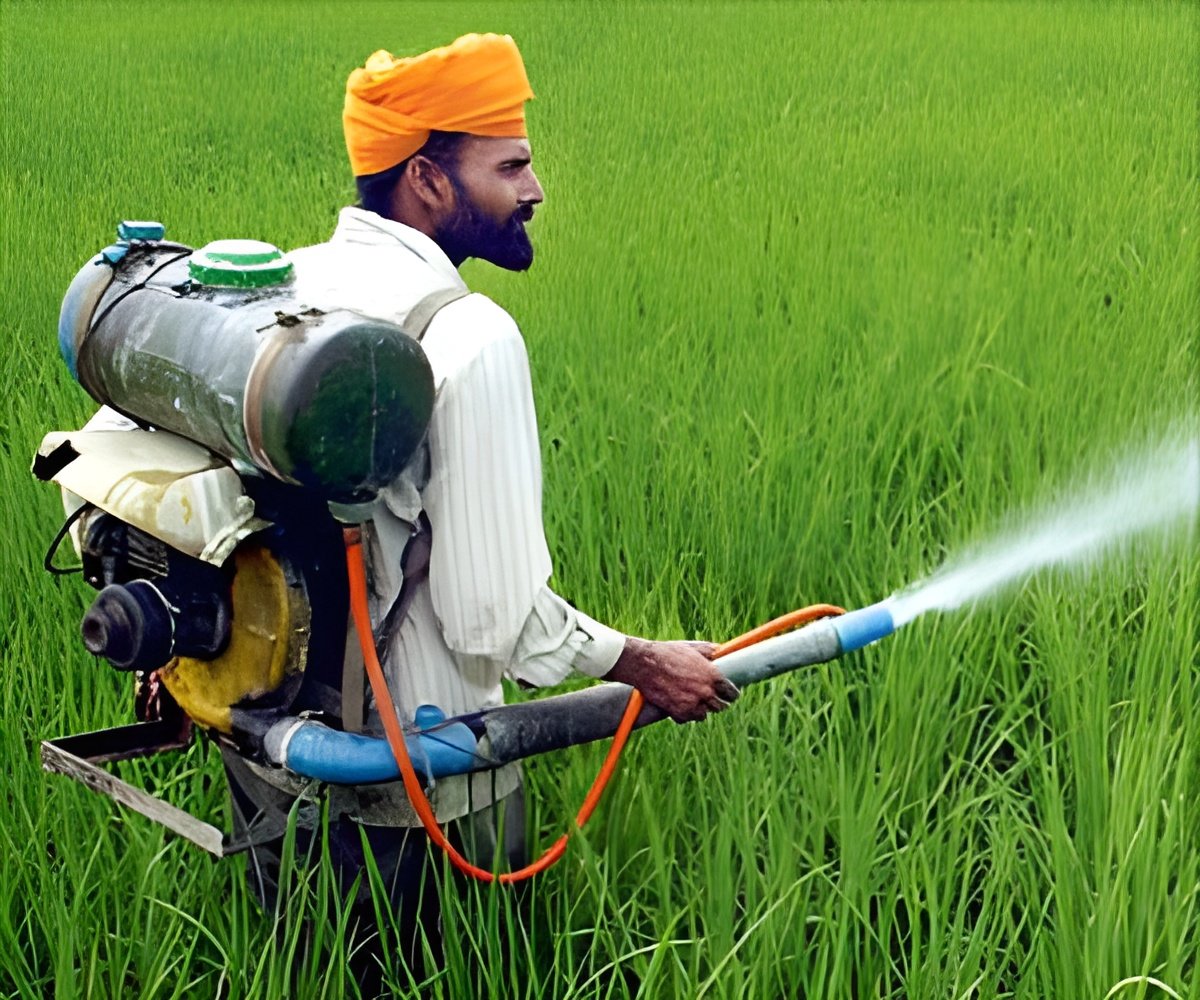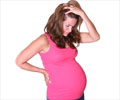According to a new study, all women exposed to high levels of DDT are at increased risk for breast cancer, but the timing of cancer risk depends on when they were first exposed.

TOP INSIGHT
Many countries around the globe have banned the use of DDT. However, the chemical is still widely used in India to control vector-borne diseases.
The researchers found that:
• A woman's first exposure to p,p'-DDT was associated with the timing of her breast cancer diagnosis, which occurred approximately 40 years later.
• A doubling of DDT was associated with an almost three-fold increased risk of postmenopausal breast cancer (at age 50-54) for women first exposed after infancy.
• Women at increased risk for premenopausal breast cancer (before age 50) were first exposed to DDT during in utero and infancy through puberty, but not after the age of 14; the highest risk was associated with first exposure before age 3.
• Women who were first exposed after age 14 only had an increased risk of breast cancer after menopause (age 50-54). These women were not at increased risk for breast cancer before the age of 50.
A 2007 study of maternal breast cancer by PHI's Child Health and Development Studies (CHDS) examined exposure windows but only looked at cancer diagnoses before the age of 50. This prospective case-control study expanded the outcome window to also look at cases diagnosed between age 50-54, when most women have recently completed menopause.
This study followed 15,528 women who have participated in CHDS for nearly six decades, tracking age at first DDT exposure, DDT levels during pregnancy, and age when breast cancer was diagnosed. To determine levels of DDT exposure, the researchers analyzed stored blood samples that had been collected from 1959 to 1967 during pregnancy at each trimester and in early postpartum. Researchers used state records to identify 153 cases of breast cancer diagnosed from 1970 to 2010 in women age 50-54. They then matched each of these cases with highly comparable control women who did not develop cancer. The earlier 2007 study used the same methods, matching 129 breast cancer cases diagnosed from 1962 to 1994 in women through age 50 to comparable controls who had not developed cancer.
"As you travel through life, your periods of risk change," said Cohn. "Considering the patterns we observed, working backward to determine when a woman first came into contact with the chemical could help inform early detection and treatment of DDT-associated breast cancer."
Source-Eurekalert
 MEDINDIA
MEDINDIA




 Email
Email










